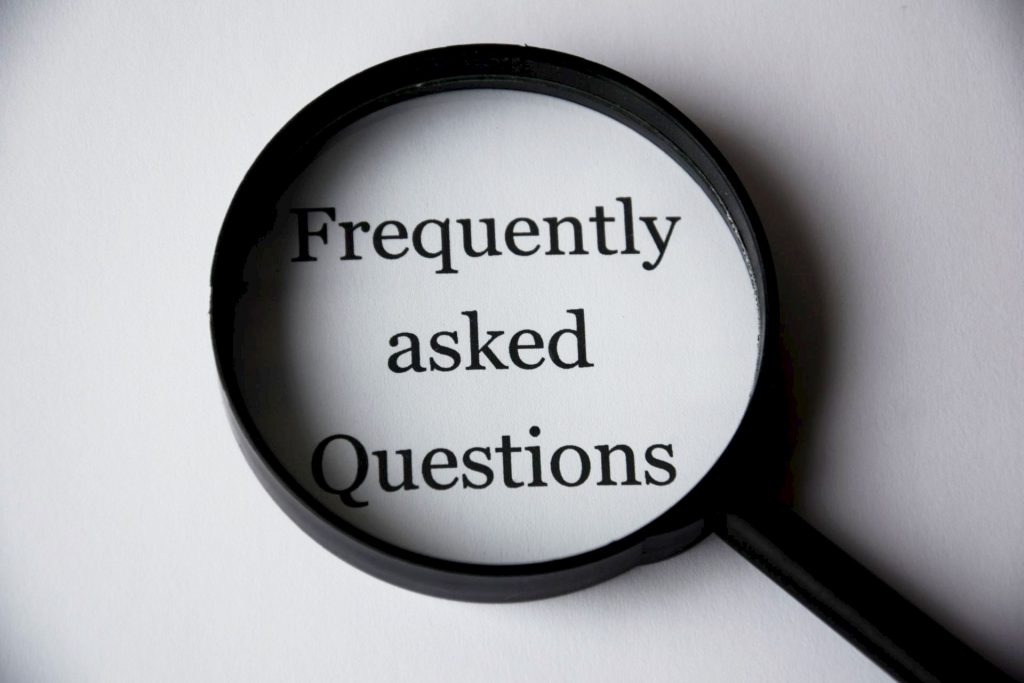198
Mortgage FAQs
When it comes to mortgages, there are many questions that all borrowers seem to have. If you are interested in a mortgage refinance or a new home loan, these FAQs can help you along.

- What are the closing costs? All of the fees you must pay to have the loan originated, the title cleared, lender fees and many other fees are due at closing and constitute closing costs. A Good Faith Estimate and a Truth-In-Lending disclosure should be provided to you and these costs will be listed on those.
- Is my down payment the same thing as cash-to-close? All of the money you are required to bring to the loan closing is considered cash-to-close. This may include the down payment, homeowner’s insurance premium, and all of the closing costs. It is important to note that it cannot be paid in cash but must be in the form of a cashier’s check or a wire transfer from the bank.
- What is loan-to-value? Also called LTV, a loan-to-value means the percentage of your loan in relation to the market value of the house. For example, if the house appraises for $200,000 and your mortgage is $150,000, then you have a 75% LTV.
- What does it mean to have a bad credit mortgage? This is a type of mortgage that is designed for people who don’t have a great credit score or who have a poor credit history. Because of the higher risk, the interest rate is often higher.
- Why do I need an appraisal? Because the house itself is the collateral for the mortgage refinancing or home loan, an appraisal must be done to determine its value. The official appraisal will take into account any additions that increase the value as well as problems that decrease it.
- How can I get out of paying PMI? When you purchase a house you will need to have at least 20% in a down payment in order to avoid PMI or Private Mortgage Insurance. For mortgage refinancing, you need to borrow less than 80% of the value of the home if you don’t want to pay PMI.
- Why does a mortgage take so long to pay off? A mortgage is designed to be a long term obligation because the loan is so large. This makes it possible for people to afford a home. More interest than principal is paid at the beginning of the loan so that the lender is being taken care of.
- Is it possible to pay off a mortgage early? Many people refinance to a shorter term to shorten the length of the mortgage loan, but making extra payments to the principal can shorten the time too.
(Visited 37 times, 1 visits today)


